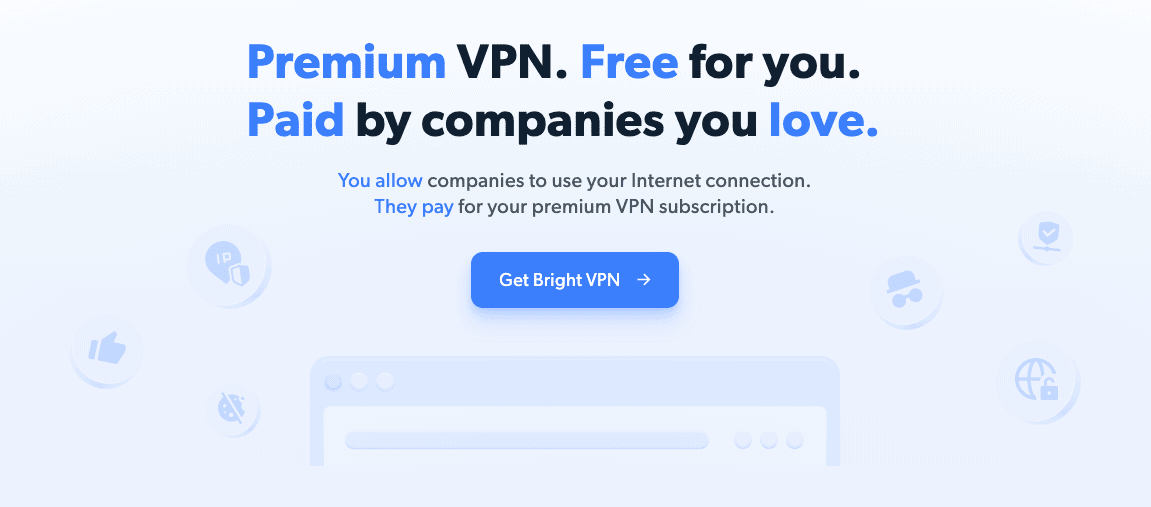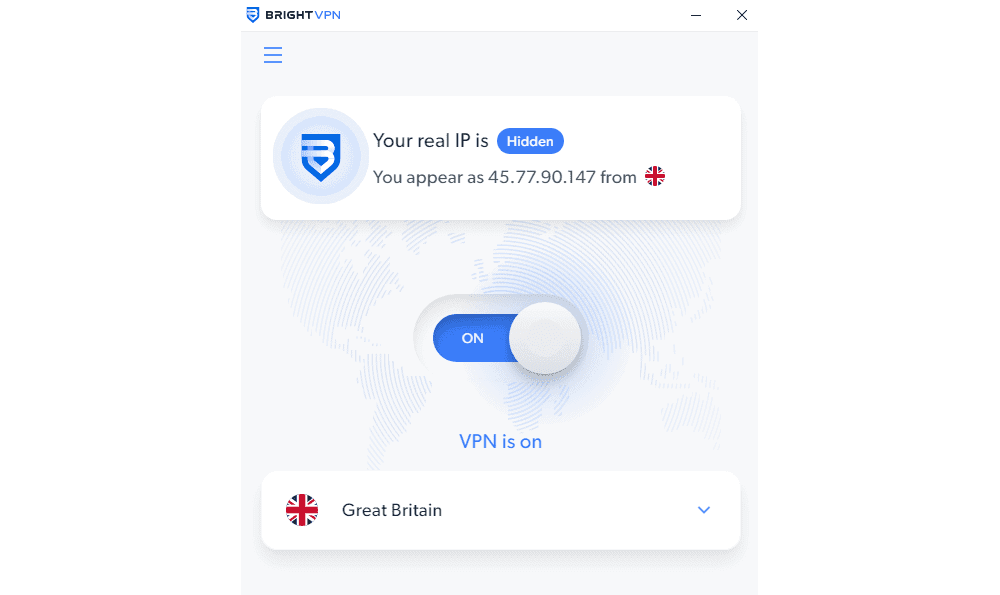Bright Data Launches a Free VPN
Bright VPN allows you to use different IP addresses in exchange for others using yours.
- Published:

Bright Data, Israeli provider of proxy servers and data collection infrastructure, has launched a new VPN service.
Called Bright VPN, the service allows anyone to change their IP address and location free of charge. Users can choose from 41 countries, supported by over 1,550 servers.
For now, Bright VPN is available on Windows and Chromium-based web browsers. The browser extension isn’t standalone – it depends on the desktop app to work.
Bright Data markets its VPN as premium and compares it with market leaders like Nord VPN and Express VPN. We haven’t had the chance to put this claim to thorough test. What we do know is that the tool is intended for non-commercial use and prohibits BitTorrent traffic.
Another question concerns its policies. Israel isn’t exactly known as the paragon of privacy; and despite advertising that it keeps no browsing history or traffic destination logs, Bright VPN does retain your original IP address and may report illegal activity to the authorities.

Free – But Not Exactly
Unlike similar freemium services, Bright VPN has no paid version. Instead, you agree to become a proxy node, allowing others to send traffic via your device when it’s idle.
The others in question are mostly Bright Data’s clients. But, according to the terms of service, Bright VPN’s users can also route traffic through each other under certain circumstances.
According to Bright VPN, no other data is collected. There’s even no need to register – simply download the app and start using it.
The app itself allows some control over who and when can access your IP address. It’s possible not to share your IP at certain times (up to six hours), exclude websites or some organizations you don’t like. Bright Data doesn’t disclose company names – rather, it groups them into categories like universities or e-commerce businesses.